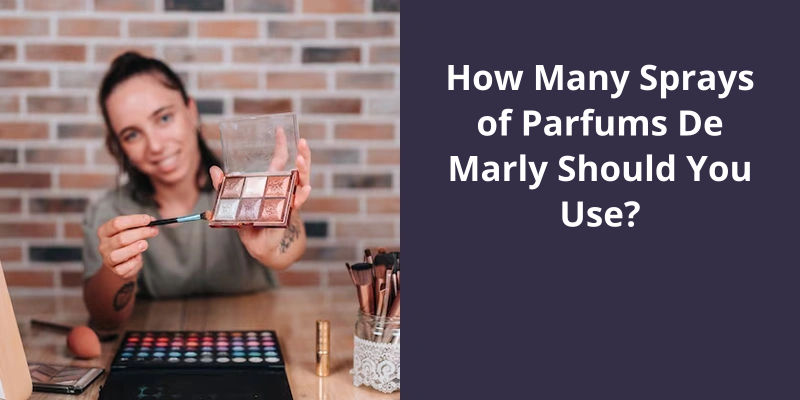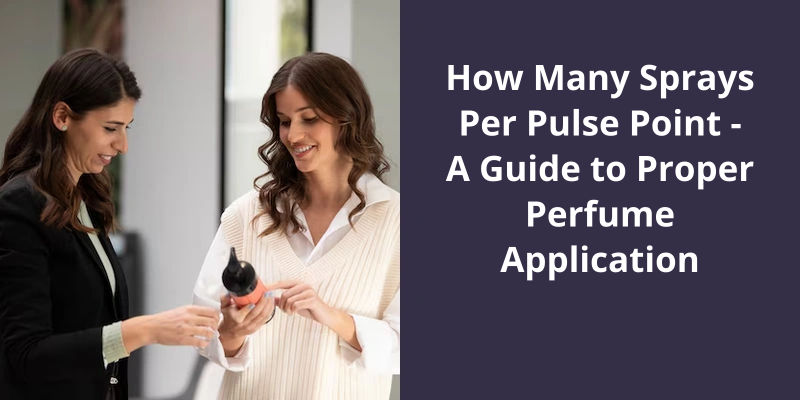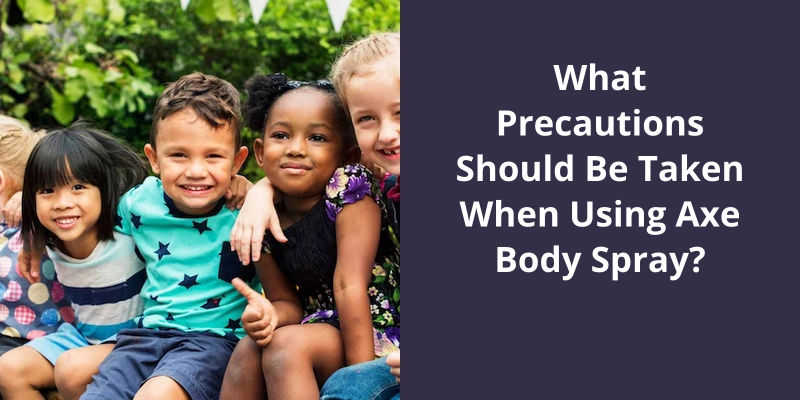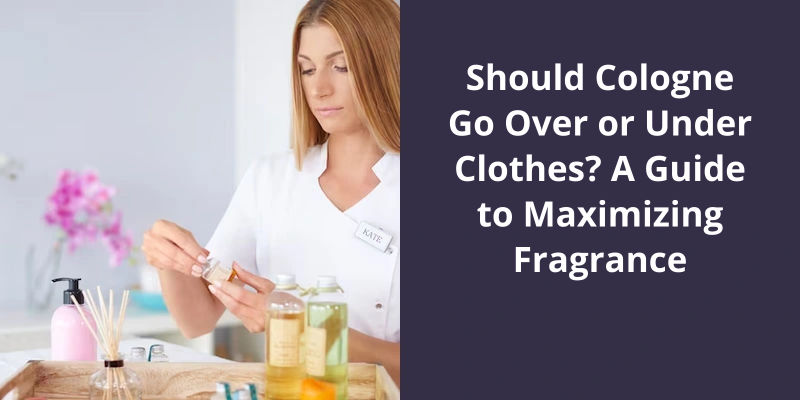The best alcohol for making an air freshener is Isopropyl Alcohol (also known as rubbing alcohol). It is highly effective due to its strong evaporation and dilution capacities, along with its relatively unnoticeable smell, it lets the aromatic oils used in the air freshener stand out. It evaporates quickly, spreading the scent into the air without leaving a residue. Also, it’s safe and affordable, making it perfect for DIY air fresheners. However, Ethanol can also be used if Isopropyl alcohol is not available.

What Can I Use for Homemade Air Freshener?
One of the best things about homemade air fresheners is that you can customize them to your liking. You don’t have to rely on artificial fragrances that can often be overpowering and even harmful. Instead, you can use natural ingredients like essential oils to create a fresh and pleasant scent in your home. There are many different essential oils to choose from, each with their own unique scent and benefits.
You’ll need baking soda, water, and your favorite essential oil. You’ll also need a spray bottle or a bowl to mix your ingredients in. Stir the mixture well to combine the oil and baking soda.
You can use either warm or cold water for this step, depending on your preference. If youre using a spray bottle, simply pour the mixture into the bottle and shake well before using. If youre using a bowl, pour the mixture into the bowl and place it in a location where you want to freshen the air.
If you prefer a stronger scent, simply add more drops of essential oil to the baking soda mixture. Likewise, if you prefer a more subtle scent, use fewer drops of oil.
Another benefit of making your own air freshener is that it can be more cost-effective than store-bought options. Essential oils can be expensive, but a little bit goes a long way. Plus, you can reuse your spray bottle or bowl multiple times, saving you money in the long run.
Give it a try and see how it can transform the atmosphere of your living space.
If you’re tired of using chemical-filled air fresheners that do nothing but mask unpleasant odors, it’s time to make your own using simple, natural ingredients. Not only is it a frugal and eco-friendly solution, but it also allows you to customize scents to your liking. One rather unconventional ingredient that can be used as an air freshener is alcohol. But can it really get rid of indoor odors? Let’s find out.
Can Alcohol Be an Air Freshener?
When it comes to masking indoor odors, there are countless options available in the market. However, what if you’re someone who prefers to go the DIY route? Believe it or not, alcohol can be an effective air freshener for your home. While it may seem counterintuitive, alcohol and water can work wonders in dissipating unpleasant smells in your house.
The basic recipe for using alcohol as an air freshener is simple and straightforward. All you need is equal parts of alcohol and water and a spray bottle. Once you’ve the ingredients, you can add between 15 to 25 drops of your favorite essential oil to the mixture. The importance of adding essential oil is that it masks the odor of the alcohol, leaving behind a pleasant fragrance.
You can use any essential oil of your choice, whether it’s lavender, peppermint, or eucalyptus. Moreover, you can adjust the amount of essential oil depending on how strong you want the scent to be. The more drops of essential oil you add, the stronger the fragrance will be.
You don’t need to spend a lot of money on expensive air fresheners when you can create your own with just a few simple ingredients. Additionally, alcohol evaporates quickly, meaning that it won’t leave behind any residue or stains on your furniture or carpets.
When you use commercial air fresheners, they often mask the smell without addressing the root cause. Alcohol, however, has powerful antibacterial properties that can kill off the bacteria responsible for causing bad odors.
Not only is it a cost-effective method, but it also eliminates unpleasant odors instead of just masking them. So why not give it a try and ditch the commercial air fresheners that are full of chemicals?
The Science Behind How Alcohol as an Air Freshener Works
Alcohol can work as an air freshener by evaporating quickly and helping to disperse fragrant molecules into the air. It can also help to neutralize unpleasant odors by breaking down the compounds that cause them.
Source: What kind of alcohol do you use when making a room …
When it comes to creating a room spray with essential oils, choosing the right type of alcohol is crucial to achieving a pleasant, long-lasting scent. While there are a variety of alcohol options available, such as rubbing alcohol or vodka, perfumers alcohol and grain alcohol are among the best choices for producing high-quality, natural room sprays. These clear, unscented alcohols are known for their ability to enhance the aroma of essential oils, making them a popular choice for perfumers and home fragrance enthusiasts alike.
What Alcohol Can I Use in Room Spray?
When it comes to making your own room spray with essential oils, choosing the right type of alcohol is crucial. There are a few different options available, each with it’s own unique properties and benefits. One popular choice is perfumers alcohol, which is a clear and unscented alcohol that’s specifically designed for use in fragrance formulations. This type of alcohol is especially well-suited for making natural room sprays because it produces a high-quality scent that’s both long-lasting and subtle.
This is a clear liquid that’s completely colorless and odorless. It’s a powerful solvent that can help to extract essential oils from their plant sources, making it an ideal base for DIY room spray recipes. Because it’s no scent of it’s own, it allows the essential oil fragrances to shine through clearly and authentically, without any interference.
For example, isopropyl alcohol is a strong and effective solvent that can help to dissolve and mix essential oils together. However, it does have a noticeable smell of it’s own, which can make it harder to create a perfectly balanced and harmonious scent profile in your room spray.
Now that we know about the effectiveness of alcohol in removing odors from clothes, let’s explore some other methods that can be used to get rid of stubborn smells lingering on our garments.
Does Rubbing Alcohol Remove Odor From Clothes?
Rubbing alcohol, chemical name isopropyl alcohol, is one of the most versatile compounds found in household cleaning products. It’s a potent disinfectant that can be used to sanitize countertops, bathrooms, floors, and even clothes. One of the primary benefits of isopropyl alcohol is it’s ability to remove stubborn odors from clothes. When used in a washing machine or added to a bucket of water, it can help eliminate foul odors left on fabrics by sweat, smoke, or food.
While rubbing alcohol is often used in hospitals and other facilities for deep cleaning, it’s safe to use on most washable fabrics. It’s an excellent choice for washing sports gear, workout clothes, and other sweaty apparel. Simply add ½ cup of cheap vodka or rubbing alcohol to a regular wash cycle, together with your regular laundry detergent, to get rid of even the toughest odors.
The main reason why rubbing alcohol is effective at eliminating odors on clothes is that it’s a solvent that can dissolve many types of grease, oils, and other organic residues. By breaking down these substances, alcohol can eliminate a wide range of odors caused by bacteria, fungi, and other microorganisms.
Unlike many specialized detergents and odor removers that are expensive and hard to find, rubbing alcohol can be purchased at most pharmacies, drugstores, and grocery stores. Additionally, it doesn’t require any special equipment or training to use, making it a practical solution for everyday laundry challenges.
It’s an affordable, easy-to-find alternative to many specialized laundry products that can help eliminate tough odors caused by sweat, smoke, or food.
Now that we understand the importance of alcohol in perfume-making, it’s worth looking into the different types of alcohols that are used. While there are various types of alcohols that can be used for perfumes, ethanol is the most commonly used one. Denatured ethanol is preferred due to it’s ability to act as a carrier for the fragrances, evaporating quickly when applied to the skin and releasing the fragrances evenly over the surface.
What Kind of Alcohol Do You Use for Perfume?
When creating perfume, one of the key ingredients is alcohol. And not just any alcohol will do. The type of alcohol used is a crucial element that affects both the scent and the longevity of the fragrance. The most common and optimal alcohol used in perfume-making is ethanol, which is denatured.
Ethanol is a type of alcohol that’s the main carrier for the fragrance oils used in perfumes. This is because it evaporates quickly when it comes into contact with skin, warming up to skin temperature and releasing the fragrances to the surface of the skin. This process creates an even and consistent spread of the fragrance, creating a beautiful scent that lingers.
Compared to other alcohols, ethanol lasts much longer, allowing the fragrance to remain on your skin for hours after application. This long-lasting effect is particularly important in the perfume industry, where longevity is a critical factor in determining a perfumes value.
This makes it easier for perfumers to create unique and personalized fragrances that suit different tastes and preferences.
These include methanol, propanol, and isopropanol. However, these alcohols aren’t as effective as ethanol when it comes to carrying fragrance oils and may have some negative effects on the scent and texture of the perfume.
It’s ability to enhance the purity and quality of the perfume while eliminating the need for harmful chemicals makes it the preferred choice for perfumers worldwide.
Conclusion
By using a combination of natural essential oils, you can create your own unique scent that not only freshens the air but also has aromatherapeutic properties for your overall well-being. So, next time you're looking to refresh your home, try making your own air freshener using essential oils and rubbing alcohol.





